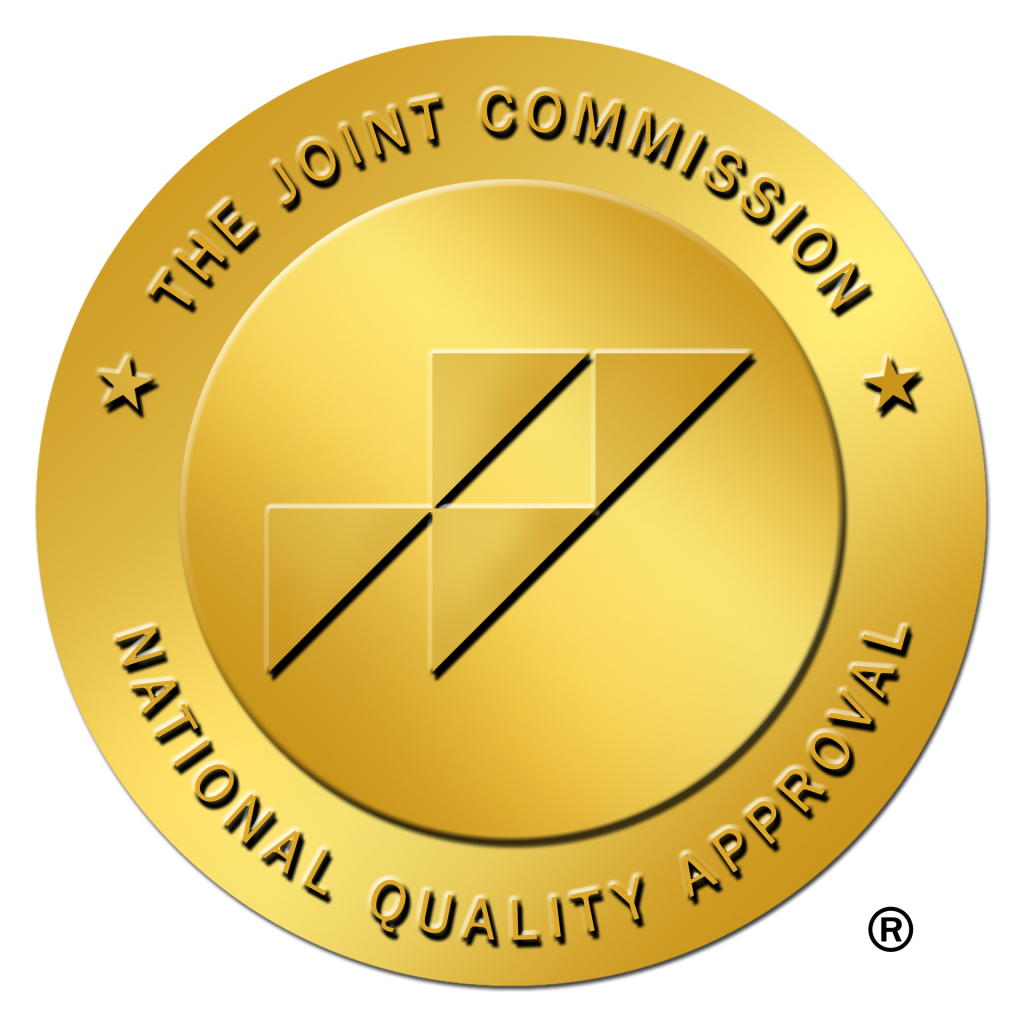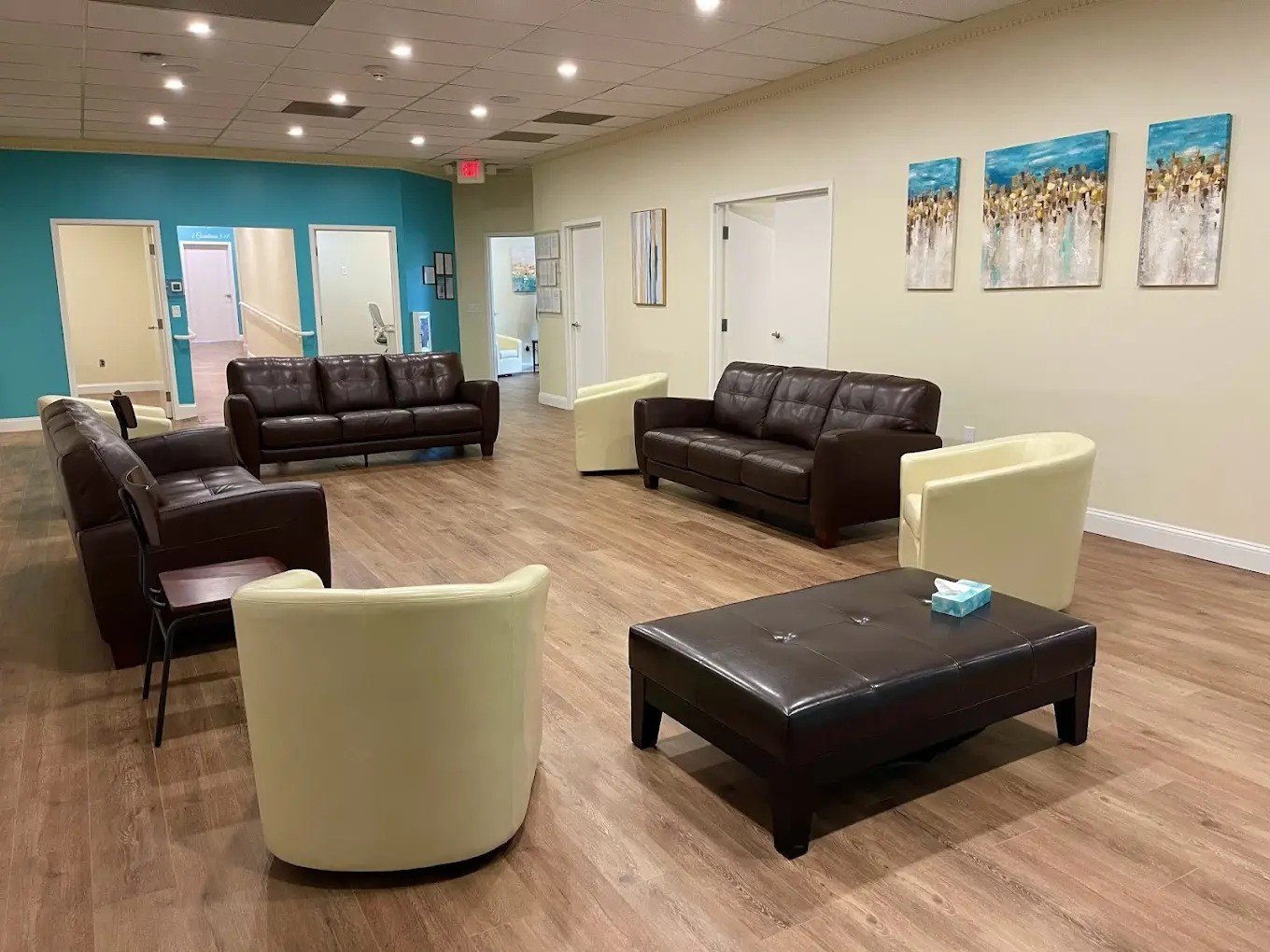Tricare Alcohol Rehab Nj
Key Factors for Choosing Rehab Facilities
When considering a rehab facility, several critical factors should guide the decision-making process. Location is often a primary concern, influencing not just convenience but also the ability to engage family support. Facilities like New Chapter Recovery in Parsippany-Troy Hills, New Jersey provide a strategic advantage for those residing in Morris County and the surrounding areas.
The array of services offered is another vital aspect, encompassing both treatment types and therapeutic approaches. A comprehensive range of services, including Partial Hospitalization Programs (PHP), Intensive Outpatient Programs (IOP), and medication-assisted treatment, can significantly enhance an individual’s recovery journey.
Quality of care is paramount, often assessed through the credentials of the clinical team, the center’s treatment philosophy, and the success rates of its programs. Centers like New Chapter Recovery that integrate evidence-based therapies with 12-step principles stand out for their commitment to scientifically grounded and holistic care.
Importance of Evidence-Based Treatment
The effectiveness of addiction treatment is often linked to the facility’s use of evidence-based practices. These practices are supported by scientific research and have been shown to yield effective results in treating substance use disorders. Facilities using these methods, such as cognitive behavioral therapy (CBT), dialectical behavior therapy (DBT), and motivational interviewing, offer robust support for those seeking recovery.
At New Chapter Recovery, evidence-based care is synchronized with personalized treatment plans tailored to each individual’s specific needs. This approach ensures a holistic recovery that addresses both the addiction and any underlying mental health conditions through dual diagnosis services.
The Role of Dual Diagnosis in Addiction Treatment
Substance abuse often co-occurs with mental health disorders, necessitating a dual diagnosis treatment approach. This method addresses not only the addiction but also any concurrent mental health issues such as depression, anxiety, or PTSD. New Chapter Recovery is distinctive in its integrated dual diagnosis model, addressing both aspects simultaneously to foster comprehensive healing.
Residents of New Jersey, particularly those seeking Tricare alcohol rehab NJ, can benefit from such an integrated approach. This method ensures that underlying psychological issues are not neglected, reducing the risk of relapse and promoting sustained recovery.
Understanding Tricare Alcohol Rehab NJ Benefits
Tricare provides crucial support for military personnel and veterans seeking alcohol rehab services. Coverage includes various treatment modalities ranging from inpatient services to outpatient care. Facilities like New Chapter Recovery accommodate veterans eligible for Tricare benefits, ensuring they receive necessary support to overcome addiction.
The insurance verification team at New Chapter Recovery expedites the check of Tricare benefits, maximizing coverage while minimizing out-of-pocket expenses. This streamlined process is vital for individuals who need timely access to care without financial hurdles.
Tricare alcohol rehab NJ represents a lifeline for veterans and their families, offering hope and a structured path to recovery in a supportive environment.
Flexible Treatment Options for Working Professionals
Balancing work commitments and treatment needs is a common challenge for professionals battling addiction. New Chapter Recovery offers flexible scheduling options, facilitating treatment without significant disruption to work life. Programs like the Intensive Outpatient Program (IOP) provide evening sessions and structured schedules that align with professional obligations.
Such adaptability ensures that individuals receive the necessary treatment without sacrificing their careers or work responsibilities. This consideration is crucial for maintaining financial stability while pursuing recovery, offering a sustainable path to sobriety.
Personalized Treatment Plans and Therapeutic Modalities
Personalization in addiction treatment enhances efficacy by catering to the unique needs and circumstances of each individual. At New Chapter Recovery, treatment plans are crafted by a multidisciplinary clinical team, ensuring a comprehensive approach that incorporates various therapeutic modalities.
Therapies such as animal-assisted therapy, experiential therapy, and faith-based recovery provide diverse avenues for healing. This holistic approach incorporates clients’ personal preferences and cultural backgrounds, making recovery a more engaging and personalized experience.
Importance of Relapse Prevention and Aftercare
Preventing relapse is a critical component of the recovery journey. Structured relapse prevention programs feature prominently in New Chapter Recovery’s treatment strategy, arming clients with the skills necessary to maintain sobriety post-treatment.
Coordinated aftercare planning ensures that individuals continue to receive support and monitoring, crucial for long-term success. The center emphasizes measurable clinical outcomes through individualized goal setting and aftercare strategies customized to each client’s recovery journey.
Community Reintegration and Support
Successfully reintegrating into the community post-treatment is essential for maintaining sobriety. New Chapter Recovery supports this transition by fostering connections with community resources and support networks, such as 12-step groups or local therapy cohorts.
These community ties provide ongoing encouragement and accountability, reducing feelings of isolation and enhancing the recovery process. The center’s transparent communication with families and referral sources further supports this seamless reintegration, ensuring that clients have a robust support system in place.
Benefits of Animal-Assisted Therapy
Animal-assisted therapy is a unique aspect of New Chapter Recovery’s treatment offerings. This therapeutic modality taps into the calming and motivational effects of human-animal interactions, promoting mental and emotional healing.
Clients often find joy and solace in animal-assisted therapy, which can alleviate symptoms of anxiety and depression. The inclusion of such therapeutic options underscores the center’s commitment to providing diverse, impactful approaches to addiction treatment.
Support Through Faith-Based Recovery
For individuals whose recovery is tied to spiritual beliefs, faith-based recovery tracks offer significant benefits. New Chapter Recovery includes such options, allowing clients to explore recovery through a spiritual lens that resonates with their personal beliefs.
This approach can enhance motivation and provide a deeper sense of purpose, aligning the healing process with clients’ core values and faith traditions.
Overall, the combination of personalized care, evidence-based practices, and holistic support components like faith-based recovery creates an environment conducive to meaningful healing and transformation.
What are the key benefits of Tricare coverage for alcohol rehab in New Jersey?
Tricare provides comprehensive support for military personnel and veterans seeking treatment for alcohol use disorders in New Jersey. The coverage includes various treatment options such as inpatient and outpatient services, which allow individuals to receive the level of care they need. With facilities like New Chapter Recovery, veterans can access a wide range of evidence-based therapies and specialty programs designed to address both addiction and any co-occurring mental health conditions. This not only ensures a structured path to recovery but also minimizes out-of-pocket expenses, making the process financially manageable. For example, a veteran eligible for Tricare might seamlessly transition into a Partial Hospitalization Program (PHP) while ensuring their mental health conditions receive simultaneous attention, thus promoting a holistic recovery.
How does dual diagnosis improve the effectiveness of addiction treatment?
Dual diagnosis is crucial in treating individuals with co-occurring substance use and mental health disorders. By addressing both issues simultaneously, dual diagnosis prevents one condition from exacerbating the other, significantly reducing the likelihood of relapse. At facilities like New Chapter Recovery, this integrated approach provides a comprehensive treatment plan tailored to each individual. Consider someone battling both alcohol addiction and anxiety; dual diagnosis therapy would address the anxiety as a potential trigger for substance use, thereby fostering more sustainable recovery outcomes. This method not only ensures that psychological issues are not overlooked but also supports long-term sobriety, creating a stable foundation for lasting health.
Why is evidence-based treatment critical in addiction recovery?
Evidence-based treatment is fundamental in addiction recovery as it relies on scientifically validated methods proven to be effective. These treatments, such as cognitive behavioral therapy (CBT) and motivational interviewing, provide structured, consistent approaches that have been shown to yield positive outcomes. In New Chapter Recovery, employing evidence-based practices ensures that care is both rigorous and adaptable to individual needs, leading to more predictable and successful recovery trajectories. For instance, a person might use motivational interviewing to enhance their intrinsic motivation to change their behavior, supported by CBT to modify destructive thought patterns. This comprehensive strategy enhances the recovery process, making it more resilient to setbacks.
What role does relapse prevention play in long-term recovery?
Relapse prevention is a cornerstone of long-term recovery, as it equips individuals with the tools necessary to maintain sobriety. Programs that emphasize relapse prevention teach clients how to recognize triggers, develop coping strategies, and create contingency plans to handle stressful situations without turning to substances. At New Chapter Recovery, aftercare planning is a key focus, where strategies are customized to each client’s journey, ensuring continued support and accountability after formal treatment concludes. Imagine someone completing treatment; they might engage in ongoing support groups and counseling to reinforce their skills and prevent slipping back into old habits. This proactive approach is essential for sustaining healthy, addiction-free living.
How can working professionals balance addiction treatment with career demands?
Balancing treatment and career is a frequent challenge for professionals, but flexible treatment options can make a significant difference. Facilities like New Chapter Recovery offer adaptable scheduling for programs such as the Intensive Outpatient Program (IOP), which provides evening sessions to accommodate work hours. This means professionals can receive the necessary care without jeopardizing their job responsibilities. For example, a client might attend evening therapy sessions post-work, allowing them to fulfill professional duties while actively engaging in their recovery. This flexibility ensures that recovery does not come at the expense of career aspirations, supporting both financial stability and personal health.
How does animal-assisted therapy contribute to addiction treatment?
Animal-assisted therapy offers a unique and impactful modality in addiction treatment by leveraging the therapeutic benefits of human-animal interactions. These interactions can significantly reduce anxiety, enhance mood, and promote emotional healing. At New Chapter Recovery, animal-assisted therapy is integrated into personalized treatment plans to create a calming and supportive atmosphere for clients. For instance, engaging with therapy animals can help a client overcome feelings of isolation by fostering a sense of connection and companionship. The success stories of those who have experienced breakthroughs in therapy sessions involving animals underscore the emotional and psychological benefits this approach provides.
Resources
- Substance Abuse and Mental Health Services Administration (SAMHSA) – SAMHSA is a government organization that leads public health efforts to advance the behavioral health of the nation.
- American Psychiatric Association (APA) – The APA is a professional organization representing psychiatrists in the United States, working to ensure quality care and access to mental health services.
- National Alliance on Mental Illness (NAMI) – NAMI is a grassroots mental health organization dedicated to building better lives for the millions of Americans affected by mental illness.
- National Institutes of Health (NIH) – The NIH is the primary agency for conducting and supporting medical research, with a focus on improving health and saving lives.
- National Institute on Drug Abuse (NIDA) – NIDA is a government agency focused on advancing addiction science and providing resources to help prevent and treat substance use disorders.






